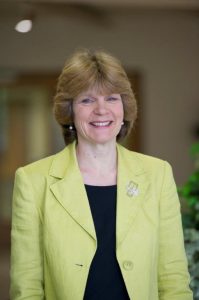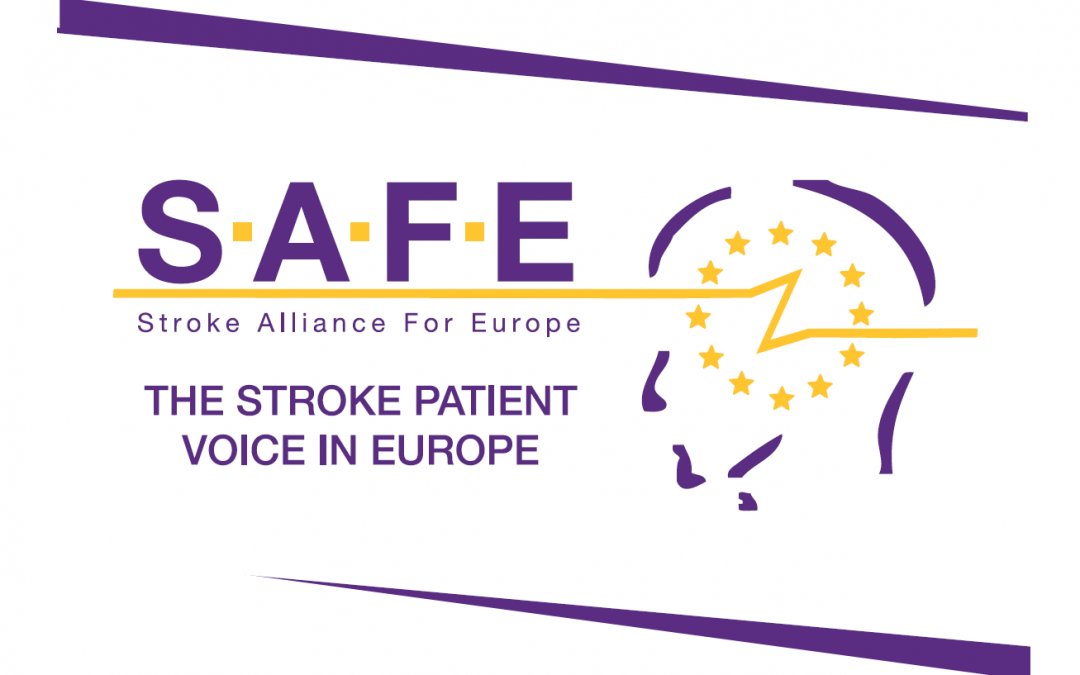Brussels, October 29th, 2019– Based on insights gathered over the years, the Stroke Alliance for Europe (SAFE) is announcing the first ever European event dedicated solely to life after stroke.
Research and medical attention into the areas of primary prevention and intervention at the point of stroke occurring is an understandable priority, yet for millions of people surviving a stroke results in poor quality of life which may last for decades. In all of this, we must not forget that a life saved must also be a life worth living, and in various parts of the world there is an increasing realisation that the care pathway for stroke needs to take a more integrated approach.
To address this issue, SAFE has committed to organising a first of its kind event in Europe in 2020 – a Life After Stroke forum, for scientists, stroke survivors and their carers, medical professionals and health policy makers.
SAFE has recruited Professor Avril Drummond from School of Health Sciences, University of Nottingham, UK, as the role of Chair of the Scientific Committee, and we had the pleasure of talking to her about this this key event.

Professor Avril Drummond
Professor Drummond, you chaired the life after stroke domain within the Stroke Action Plan for Europe 2018 – 2030. What is your takeaway from that experience?
I think, first and foremost, the fact that we have this domain in the Stroke Action Plan for Europe included is a fantastic step forward. The recognition of the needs of stroke survivors and their families after their hospital and rehabilitation care, has not previously been given the focus it deserves.
It is in the period after return to the home that the struggle for a new life occurs, which is often characterised by stroke survivors as being cast adrift to find their own way, through maybe decades of cognitive, communication, relationship, financial, mental and physical health issues, complications and changes.
However, there is a lack of research studies into life after stroke covering the entire lifespan and this is something that needs to change. There are growing numbers who believe that pain, depression, relationship breakdown, secondary prevention effectiveness, financial, vocational and stigma issues, as well as the ongoing matters of daily living, mobility, communication, cognition and the absence of ongoing review and support are worth being researched and addressed.
By creating the European Life After Stroke Forum, we are recognising the need to consider this neglected area of the care pathway in a holistic fashion. In addition, the event will put a human face on the consequences of stroke, and on the consequences of not addressing prevention and treatment in the first place.
We are honoured to have you chairing the expert committee for this event. Can you give our readers more insight into the European Life After Stroke Forum?
It is still very early days, but the first steps have been made. The plan is to hold this event towards the end of 2020. We are forming a group of people committed to creating this event, as an opportunity for research, policy, advocacy, or support oriented individuals to come together, to share knowledge and network.
We expect to be able to announce more details on this event’s programme, speakers and topics in the summer of 2020. For more information stay tuned and follow the news on SAFE website.





